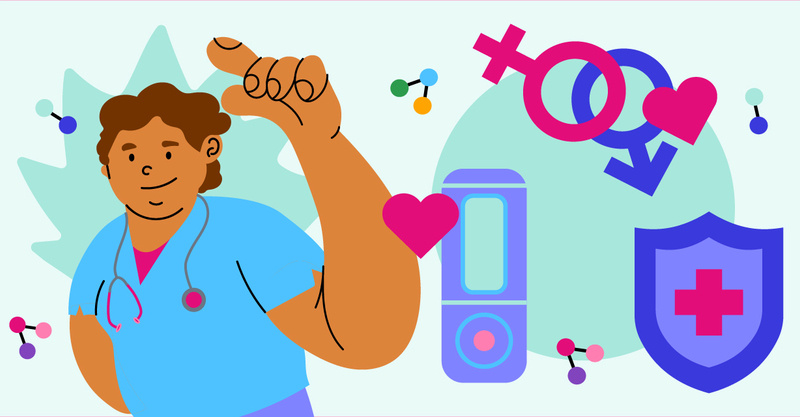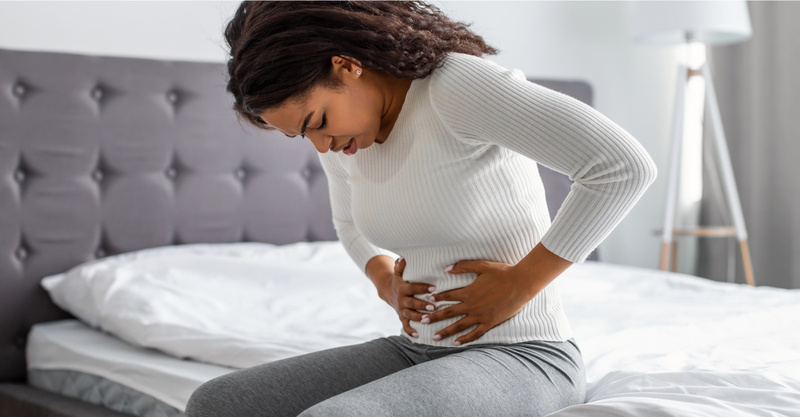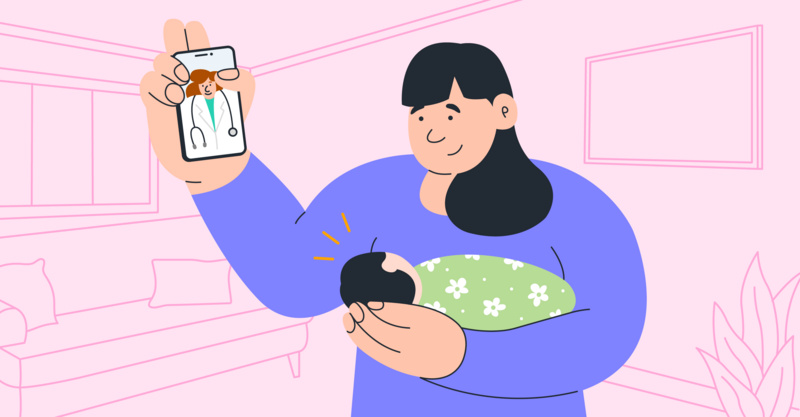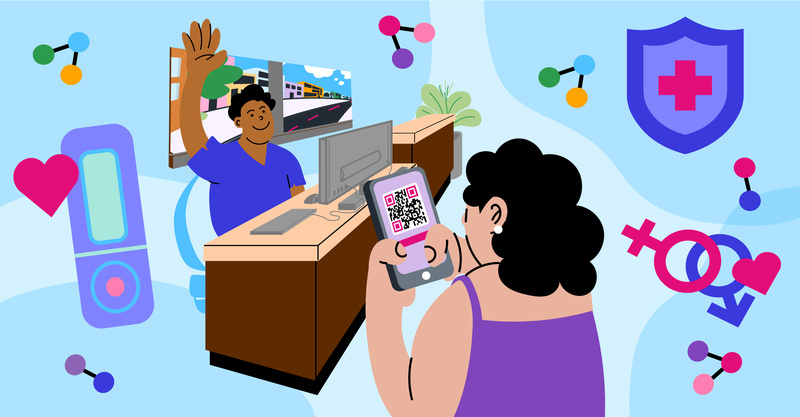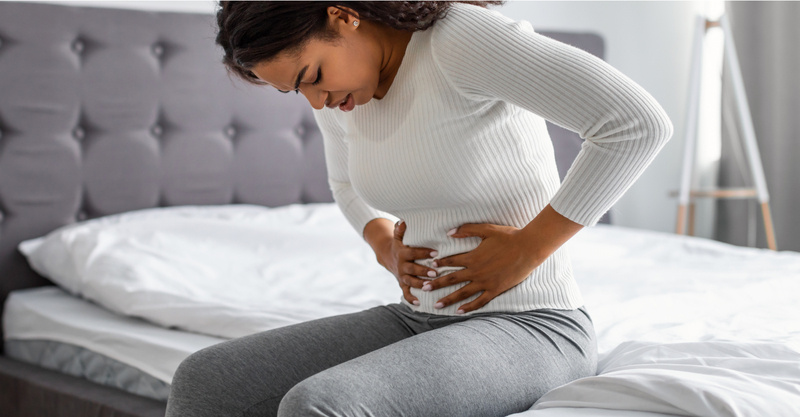Key Points
- Chlamydia is a common sexually transmitted infection (STI) in the U.S., affecting both genders and often presenting without symptoms, making regular testing and safe sex practices vital.
- Symptoms differ between men and women, with women experiencing changes in discharge and abdominal pain, while men may have painful urination and unusual discharge.
- The infection can be passed through various sexual activities and from mother to child during birth, potentially leading to serious health issues if left untreated.
- Treatment typically involves antibiotics, with additional support from probiotics and echinacea, and early detection is crucial to prevent complications and further spread.
- Prevention strategies include consistent use of condoms and dental dams, avoiding the sharing of sex toys, and maintaining monogamous relationships.
Chlamydia is a bacterial infection that is spread by sexual contact, according to the CDC. It is one of the most common STIs in the United States, and it can affect both men and women. In many cases, people with chlamydia do not experience any symptoms, which is why it is important to use safe sex practices and get tested regularly if you are having unprotected sex.
Before we dive into what you should do if you have chlamydia, here’s a little more about how it spreads and what symptoms to look out for:
Symptoms of Chlamydia
The CDC notes that the symptoms of chlamydia are slightly different for men and women. Common symptoms of Chlamydia in women include:
- A change vaginal discharge
- Vaginal bleeding between periods
- Pain or burning during urination
- Itching and skin irritation inside the vagina or labia
- Pain during intercourse
- Lower abdominal pain
- Pain, discharge, or bleeding around the anus
For men, the CDC reports that the most common symptom of chlamydia is painful urination—however, men can also experience:
- Unusual discharge from the penis
- Swollen or painful testicles
- Pain, discharge, or bleeding around the anus
- Itching and skin irritation around the urethra (the opening of the penis)
It is also possible that symptoms are so minor that they go unnoticed or are mistaken for something else, like a yeast infection or UTI.
How Does Chlamydia Spread?
Chlamydia can be transmitted through vaginal, anal, and oral sex, as well as from mother to baby during childbirth, according to the CDC.
Risks of Untreated Chlamydia
If left untreated, chlamydia can lead to serious health problems, such as pelvic inflammatory disease (PID), which can cause infertility in women. In men, untreated chlamydia can lead to an infection of the testicles called epididymitis.
What to do if you Have Chlamydia
Chlamydia can only be treated with antibiotics, according to the CDC. So it is important to see a doctor if you think you may have chlamydia. However, there are some things you can do at home that can help ease your symptoms and support your recovery while you are taking your antibiotics.
1. Take a Probiotic or Eat Foods with Probiotics
Probiotics are beneficial bacteria that can help restore the natural balance of bacteria in your body, according to Healthline. You can take probiotic supplements or consume probiotic-rich foods like yogurt and kefir. Healthline notes that you should not put probiotic supplements or any probiotic-containing food in or on your genitals, as there is no evidence that doing this will cure chlamydia, according to Healthline.
2. Support Your Immune System with Echinacea
Echinacea is an herb that may support the immune system while fighting infections, according to Healthline. They recommend that you take an echinacea capsule or drink echinacea tea.
When to See a Doctor for Chlamydia
Chlamydia can only be cured by taking an antibiotic, according to the Mayo Clinic. If you suspect that you have chlamydia or have been exposed to it, it is important to see a doctor as soon as possible, they note. Early detection and treatment can prevent complications and reduce the risk of spreading the infection to others.
The Mayo Clinic recommends that you see a doctor if you have any of the following:
- Unusual discharge from the penis, vagina, or rectum
- Pain during urination
- You learn your sexual partner has chlamydia
Additionally, the CDC recommends that you see a doctor if:
- You have had unprotected sex with someone who has chlamydia or whose sexual history is unknown.
- You have multiple sexual partners or have had a recent change in sexual partners.
- You are pregnant or planning to become pregnant.
How to Prevent Chlamydia
Chlamydia is a sexually transmitted infection that can be prevented by taking the necessary precautions. Here are some steps you can take to lower your risk of contracting chlamydia, according to the Cleveland Clinic:
- Use condoms during intercourse, anal sex, and oral sex
- Use dental dams during oral sex or vagina-to-vagina contact
- Don’t share sex toys—and if you do, wash them after each use and cover toys used for penetration with a condom
- Have sex with only one partner, who only has sex with you
Summary
Chlamydia is a bacterial infection that is spread through sexual contact and is the most common STI in the United States. You can avoid a chlamydia infection by practicing safe sex and having open communication with your sexual partners.
If you think you may have chlamydia or your partner has chlamydia, you should see a doctor right away. Antibiotics are the only way to treat a chlamydia infection.
Frequently asked questions
How is Chlamydia transmitted?
Chlamydia is transmitted through sexual activities including vaginal, anal, and oral sex. It can also be passed from a mother to her baby during childbirth.What are the symptoms of Chlamydia in men and women?
Women may experience changes in vaginal discharge, pain during urination, and lower abdominal pain. Men often have symptoms like painful urination and unusual discharge from the penis.Can Chlamydia be treated?
Yes, Chlamydia is typically treated with antibiotics. Probiotics and echinacea are also recommended to support recovery.Why is early detection of Chlamydia important?
Early detection of Chlamydia is essential to prevent serious health complications such as pelvic inflammatory disease in women and epididymitis in men. It also reduces the risk of spreading the infection to others.How can I prevent getting Chlamydia?
Prevention methods include using condoms and dental dams during sexual activities, not sharing sex toys, and maintaining monogamous relationships.What if I don't have any symptoms? Can I still have Chlamydia?
Yes, many individuals with Chlamydia do not exhibit symptoms, which is why regular testing and safe sex practices are crucial.What are the potential health issues if Chlamydia is left untreated?
If untreated, Chlamydia can lead to serious health issues such as pelvic inflammatory disease in women and epididymitis in men.What should I do if I suspect I have Chlamydia?
If you suspect you have Chlamydia, it's crucial to see a doctor for testing and treatment to prevent complications and reduce the risk of spreading the infection.
Solv has strict sourcing guidelines and relies on peer-reviewed studies, academic research institutions, and medical associations. We avoid using tertiary references.

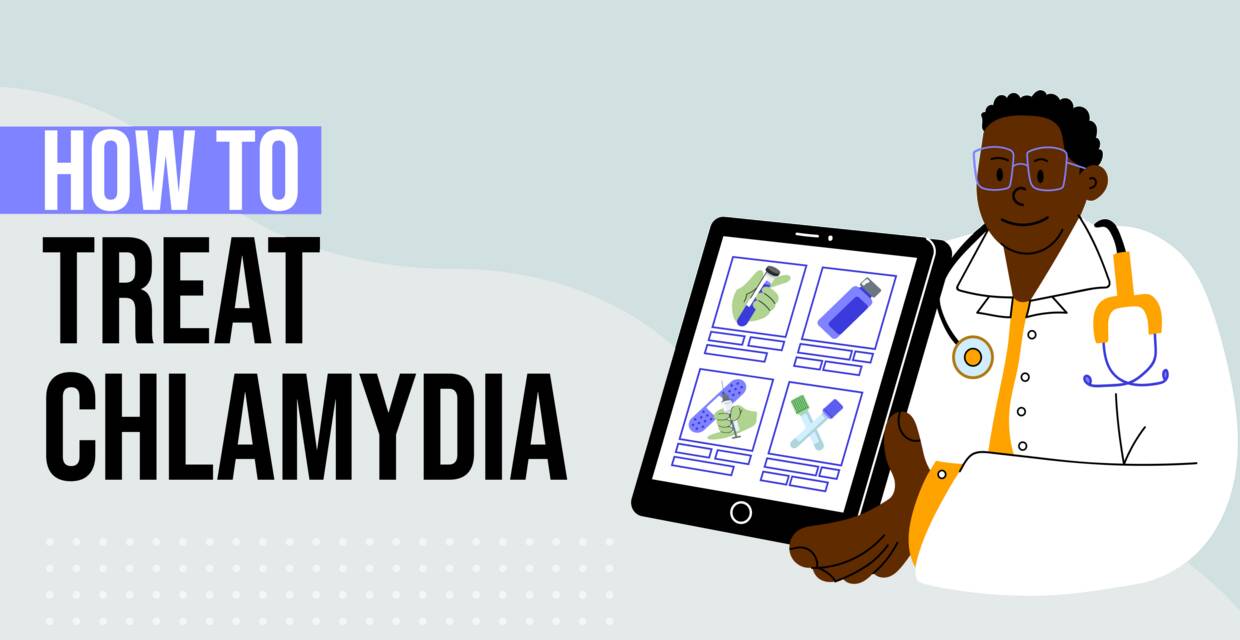
 LinkedIn
LinkedIn

